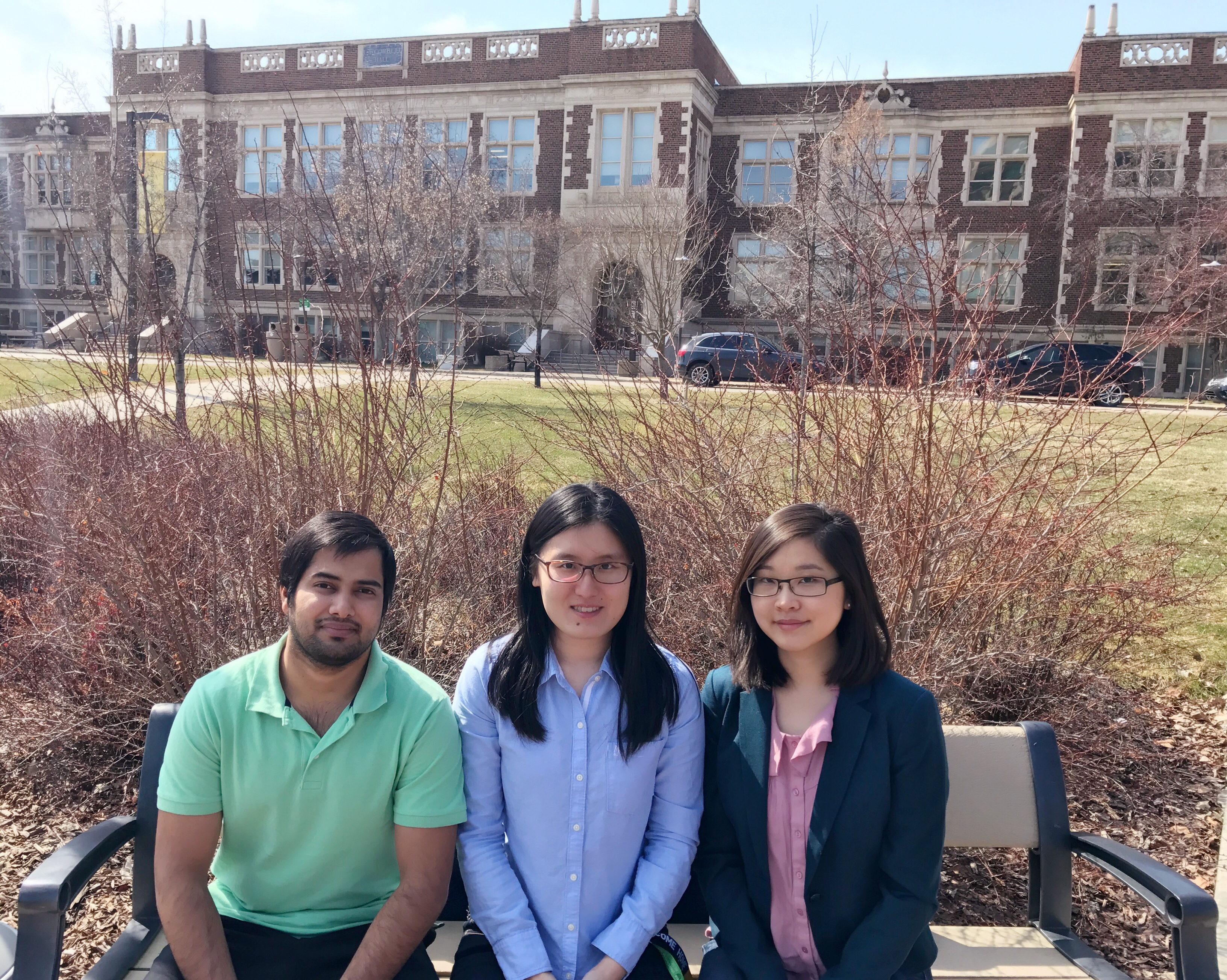
Three MSc Rehabilitation Science students are hoping to bring to light the importance of sleep when it comes to success on campus.
(Photo credit: beingmyself via Foter.com / CC BY-ND)
In the university world, the more you sleep, the less time you have to study. The less time you have to study, the less time you have for an actual social life. But, with more awareness campaigns popping up around campus, sleep is starting to become the 'cool' thing to do.
Yes, studying is still one the most important parts of student life, and that's something that will never change-so what if sleep could actually make studying easier? What if it could help students reach their goals, instead taking away much-needed time to accomplish them?
University of Alberta Faculty of Rehabilitation Medicine students are trying to prove just that.
With their recent win of the Heroes for Health Challenge-a competition that encourages students, staff, and faculty to work collaboratively to propose ideas for a healthier campus in the areas of social connections, physical health, mental health, and reducing high-risk drinking-three MSc Rehabilitation Science students are hoping to bring to light the importance of sleep when it comes to success on campus.
"Not many people on campus have the right information regarding sleep, and someone who is suffering from insomnia might not have the resources to tackle the problem themselves," says first-year MSc student Vineet Prasad.
With help from their supervisor and sleep expert Cary Brown, acting chair of occupational therapy, the group created Dream Big, Sleep Tight, an awareness campaign that is working toward increasing the amount of sleep education resources on campus. The project received $4,000 worth of funding from the University of Alberta's Healthy Campus Unit, and will be used to run a series of activities around campus, increase the amount of sleep education materials being accessed by students, and provide sleep hygiene samples and methods for those struggling to get proper shut eye.
"Sleep deficiency has been shown to have detrimental effects on grades, learning abilities and memory, not to mention both physical and mental health," says Pei Qin, second-year student in the rehabilitation science master's program. "Our campus-wide sleep survey conducted in 2016 found that over 66 per cent of students reported not having enough sleep."

L to R: Vineet Prasad, Pei Qin and Luan Wang. (Photo supplied)
Out of those who acknowledged their sleep issues, only one in five sought advice or worked toward finding a solution, notes Prasad. And some of the unreported or unaddressed sleep issues could be due to the fact that students are using other methods to compensate for lost sleep, such as sleeping for an extended period of time on a single day, which, in the end, can interfere with natural circadian rhythm.
Not only that, students often view making academic achievements as being more important than a good night's sleep.
"It has been suggested by research that staying up late in the pursuit of academic, social and professional goals is viewed as higher priority than getting quality sleep," says first-year MSc student Luan Wang.
A viewpoint that needs to change if UAlberta is looking to make the move to a health-conscious campus.
"Our vision of a healthy campus is one that provides students with an environment that facilitates physical and mental health during their student life and promotes health awareness to aid them in preparing for their future," says Qin.
And with their newly received funding, the group is on the right track to getting their peers on a sustainable sleep schedule.
"We hope that this campaign will be successful and appeals to the student population, leading toward action for better sleep practices among students," says Wang.
Qin agrees, and notes that a little help can go a long way-both with sleep and with their project supports. "We'd like to thank the Healthy Campus Unit for offering us this grant and providing support with this project, and of course, helping build a healthier university community."
For more information about the Heroes for Health Challenge, visit the Healthy Campus Unit website.